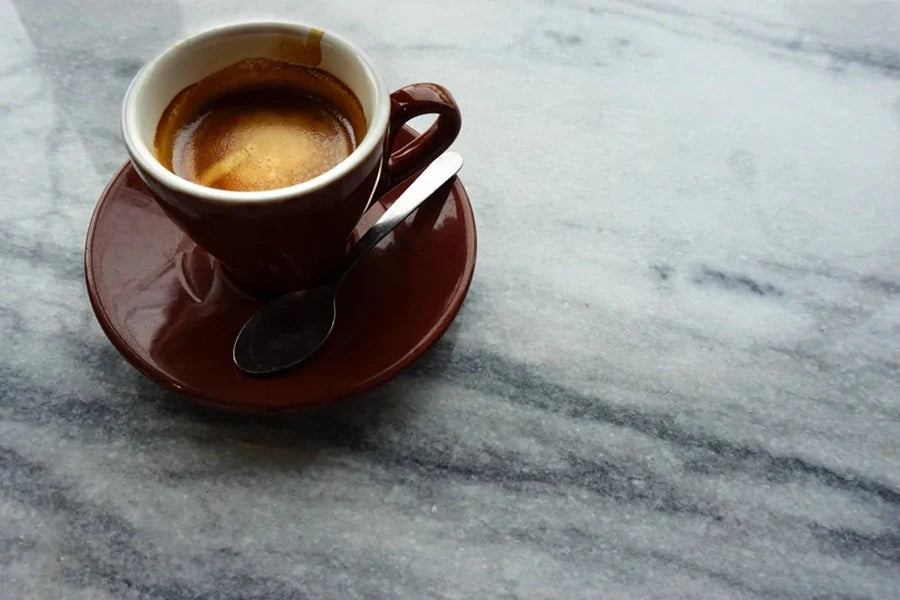There is something deeply satisfying about pulling a perfect espresso shot at home. The aroma, the crema, and the rich, concentrated flavour are the hallmarks of a great coffee experience – and with a traditional espresso machine, you have the tools to achieve it. Whether you enjoy your coffee straight or prefer milk-based favourites like cappuccinos and lattes, here is your guide to getting it right every time.
Step 1 – Start with Quality Beans
The foundation of any great espresso is freshly roasted, high-quality beans. Freshness matters – coffee starts losing its aromatic compounds within weeks of roasting. We recommend using award-winning blends from our supplier, Code.194, such as the rich and chocolatey .194 Espresso, the vibrant Guatemala, or the smooth decaf Colombia El Buho EA.
Tip: Many of our espresso machines come with a free selection of these beans, so you can start brewing right out of the box.
Step 2 – Dial in Your Grind
Espresso requires a fine, consistent grind – too coarse and your shot will be watery, too fine and it will taste bitter. Use a high-quality burr grinder and adjust until your shot time is in the sweet spot of 25-30 seconds for a double espresso.
Step 3 – Dose and Tamp Correctly
-
Dose: For a double shot, start with around 18 grams of coffee.
-
Distribute: Ensure the grounds are even in the portafilter to avoid channelling.
-
Tamp: Apply firm, even pressure (about 15–20 kg) to create a smooth, level surface. Consistency is more important than force – aim for the same tamp every time.
Step 4 – Pull the Shot
-
Preheat your machine to ensure stable brewing temperature (around 90–96°C).
-
Insert the portafilter, start the extraction, and time your shot.
-
Look for a steady, honey-like flow with a rich crema forming on top.
A perfect shot should be balanced – not sour, not bitter – and should smell as good as it tastes.
Step 5 – Froth the Milk (if making a milk-based drink)
For cappuccinos, lattes, and flat whites, silky microfoam is key.
-
Start with cold, fresh milk in a stainless steel jug.
-
Submerge the steam wand just below the surface and introduce air for the first few seconds.
-
Once the milk has stretched slightly, move the wand deeper to heat the milk to around 60–65°C.
-
Swirl the jug to create a glossy, paint-like texture.
Step 6 – Serve and Enjoy
-
Espresso: Serve immediately to preserve the crema and aroma.
-
Milk-based drinks: Pour the milk gently into the espresso, allowing the textures to merge for a smooth, balanced cup. Bonus points for latte art!
Pro Tips for Consistency
-
Always purge the steam wand before and after frothing.
-
Clean the group head and portafilter between shots.
-
Keep track of your grind settings and shot times for repeatable results.
Brewing with a traditional espresso machine is part science, part art. With the right beans, grind, and technique, you will be able to create café-quality coffee at home – whether you take it pure and intense or with perfectly textured milk.

